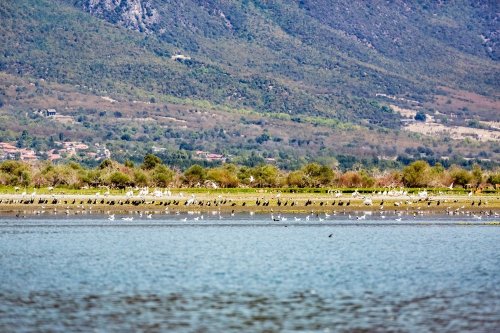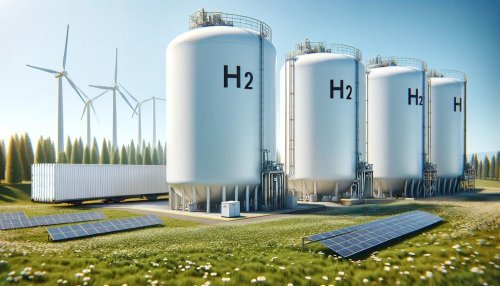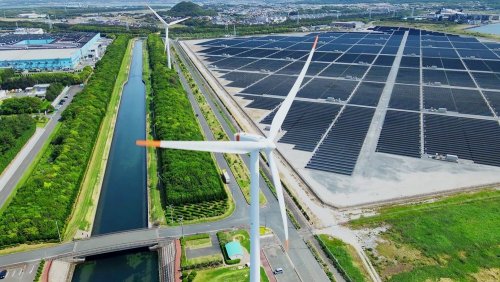It is negative in European countries the impact of climate change and environmental protection policies is beginning to undermine the EU's environmental agenda.
Great Britain, Germany, Italy, the Netherlands and Poland became the countries with the largest "green wars", according to Reuters.
-
United Kingdom
Prime Minister Rishi Sunak has announced that the country will delay the ban on the sale of new petrol cars and heating targets until 2035. However, the UK, despite being accused of relaxing climate targets, remains committed to a green transition.
Sunak noted that the country can afford to take slower action, as it has already made significant progress.
However, British climate consultants said the country was not doing enough to achieve climate neutrality by 2050. P businesses complain about weaknesses in the UK investment environment, including inconsistent commitment to the energy transition. In addition, legislative changes have hindered the development of onshore and offshore wind installations.
-
Germany
Environment Minister Robert Habeck said Germany would indefinitely suspend plans for tougher building insulation standards. The business community complained about the too high cost of events, because the construction sector is in a "depression".
The article emphasized that in September, the lower house of the German parliament adopted a draft law on the gradual abandonment of oil and gas heating systems. Conservatives criticized the document as too expensive, and environmentalists criticized it as not strong enough. These disputes led to the collapse of the ruling coalition. And the far-right Alternative for Germany party, which denies anthropogenic causes of climate change, gained more political power.
-
Italy
The Italian government has rejected a series of EU initiatives aimed at greening the economy, arguing that local businesses cannot afford to implement the goals of the transition period. The country demands from the European Union:
- soften the directive on increasing the energy efficiency of buildings;
- to rewrite plans to phase out cars with internal combustion engines;
- question the desire to reduce industrial emissions.
It is noted that Italy is behind schedule for achieving decarbonization goals by 2030. At the same time, the government said it wants to use EU money for an investment program worth about $20.1 billion to strengthen electricity and gas networks and green the economy.
-
Netherlands
The article said that against the backdrop of protests against the government's environmental policy, the BBB (Farmer Civil Movement) party strengthened its position and won the regional elections in March. The BBB was founded in 2019 in opposition to government plans to drastically reduce nitrogen pollution on farms.
"If the BBB makes significant gains, it could put the Dutch policy on limiting nitrogen emissions on a collision course with the EU," explained the Reuters
-
Poland
It is noted that the Polish government has been conservative in environmental policy for a long time. However, against the background of the upcoming elections, the European Commission filed a complaint with the European Court of Justice due to:
- prohibition of cars with internal combustion engines;
- increasing the bloc's emissions reduction target;
- reduction of free quotas for carbon emissions;
- interference in the so-called national forest management.
"Faced with pressure from mining unions, Poland has also postponed a plan to reduce its dependence on coal, downgrading the status of the upcoming energy policy update to just a 'consultation,'" the article added.
Earleir, EcoPolitic wrote, that the Italian government refuses from a number of initiatives aimed at greening the economy, in particular regarding the termination of financing of international fossil fuel projects.
As EcoPolitic previously reported, in Great Britain the Community Windpower company stopped the creation of the 44-turbine Sanquhar II wind farm due to the tax on excess profits from renewable energy.





